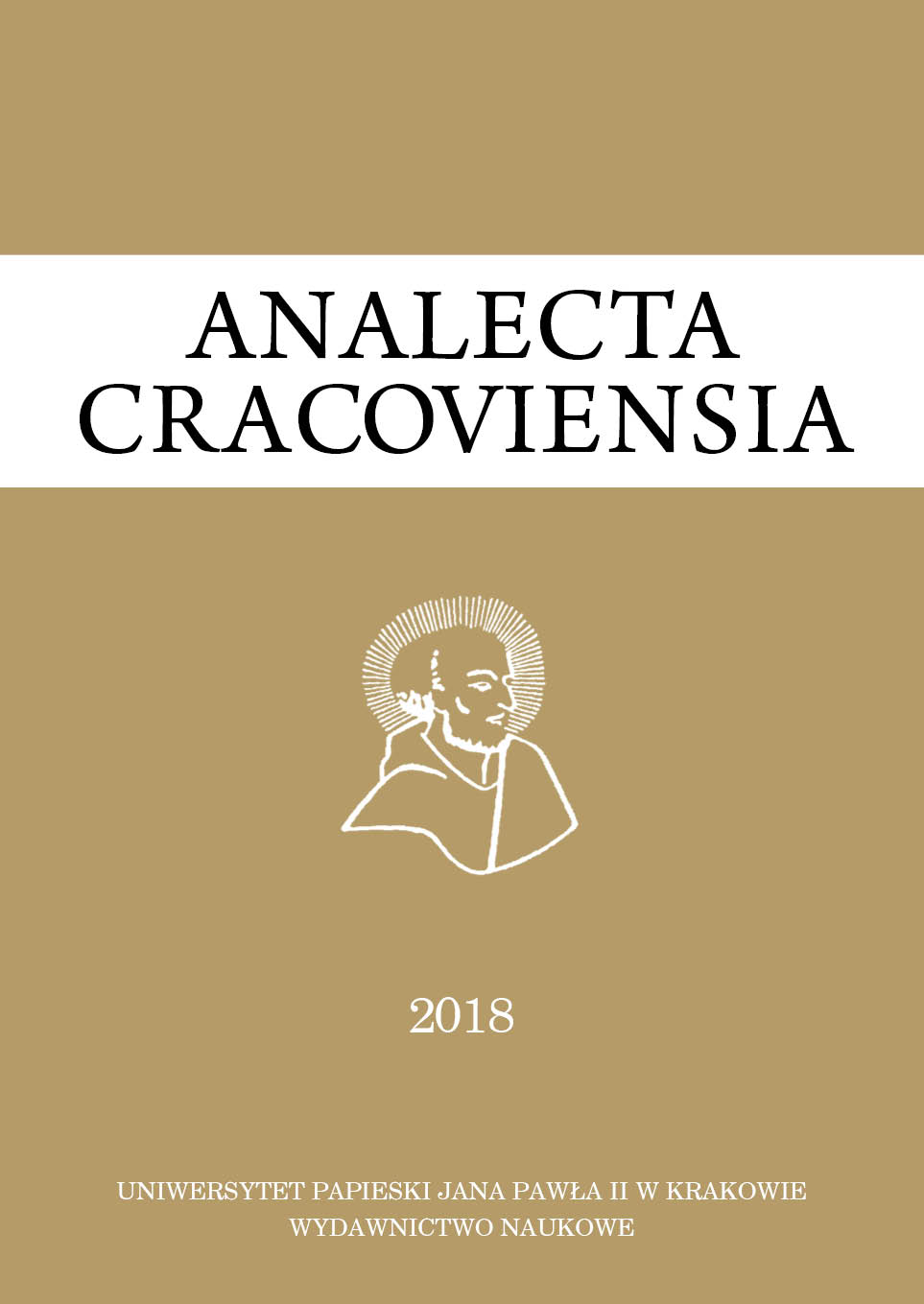By Supporting the Quality of Education. About the Situation of People with Disabilities in the UPJPII in Krakow
DOI:
https://doi.org/10.15633/acr.3290Keywords:
higher education, disability, students, quality of educationAbstract
In recent years, the situation of people with disabilities in Poland has been attracting ever-growing public attention. Changes in higher education influence university candidates and students with disabilities as well. While necessary infrastructure is operational and functioning, there is still much to be done by the academics and the administration. However, we notice gradually increasing awareness that disability does not have to be a restriction, and it should not definitely be an obstacle to students who want to study. Universities strive to ensure all students have equal opportunities for education and their possibility of participating fully in the life of the academic community, due to a disability, is not anyhow limited or diminished.
References
Barnes C., Mercer G., Niepełnosprawność, przeł. P. Morawski, Warszawa 2008.
Bolińska M., Z obrazu na słowo. Kilka uwag o technice audiodeskrypcji, „Studia Socialia Cravoviensia” 6 (2014) nr 1 (10), s. 169–180.
Chrzanowska I., Pedagogika specjalna. Od tradycji do współczesności, Kraków 2015.
Clough P., Corbett J., Theories of Inclusive Education: A Student’s Guide, London 2000.
Dąbrowski Z., Pedagogika opiekuńcza w zarysie, Olsztyn 1994.
Dobre praktyki w zakresie wsparcia studentów niepełnosprawnością szkołach wyższych. Nowe przepisy o szkolnictwie wyższym – wyciąg z Ustawy 2.0, wyd. 2. uaktualnione, Dodatek do „Krakowskiego Semestralnika Studentów Niepełnosprawnych” 2017 nr 2 (17), s. 2–19.
Duda M., Etyczne wyzwania w pracy ze studentami niepełnosprawnymi – perspektywa nauczyciela akademickiego, w: Wielowymiarowość integracji społeczno-zawodowej studentów z niepełnosprawnością, red. B. Szczupał, K. Kutek-Sładek, Kraków 2015, s. 33–34.
Dykcik W., Pedagogika specjalna, Poznań 1997.
Gibson S., Blanford S., Managing Special Educational Needs: A practical Guide form Primary and Secondary Schools, London 2005.
Hulek A., Integracyjny system kształcenia i wychowania, w: Pedagogika rewalidacyjna, red. A. Hulek, Warszawa 1997, s. 492–493.
International Classification of Impariments Disabilities and Handicaps, World Health Organisation, Geneva 1980.
Kawczyńska-Butrym Z., Niepełnosprawność – specyfika pomocy społecznej, Warszawa 1996.
Kirenko J., Indywidualna i społeczna percepcja niepełnosprawności, Lublin 2007.
Konwencja o prawach osób niepełnosprawnych z 13 grudnia 2006 r. (Dz. U. z 2012 r., poz. 1169).
Kowalik S., Psychospołeczne podstawy rehabilitacji osób niepełnosprawnych, Warszawa 1996.
Kwiatkowska-Kowal B., Jakość kształcenia jako podstawowy problem szkoły wyższej, w: Nauczyciel akademicki w refleksji nad własną praktyką edukacyjną, red. A. A. Kotusiewicz, G. Koć-Seniuch, Warszawa 2008, s. 28–30.
Kubik T. B., Latalski M., Zdrowie publiczne, Lublin 2002.
Limont W., Uczeń zdolny. Jak go rozpoznać i jak z nim pracować, Sopot 2012.
Radlińska H., Pedagogika społeczna, Warszawa 1961.
Raport. Sytuacja Studentów z niepełnosprawnością w Uniwersytetu Papieskiego Jana Pawła II w Krakowie – zrealizowane działania Biura ds. Osób Niepełnosprawnych, lipiec 2017.
Rodzina z dzieckiem niepełnosprawnym – możliwości i ograniczenia rozwoju, red. H. Liberska, Warszawa 2011.
Sajdak A., Paradygmaty kształcenia studentów i wspierania rozwoju nauczycieli akademickich. Teoretyczne podstawy dydaktyki akademickiej, Kraków 2013.
Sowa J., Aksjologiczne aspekty wsparcia społecznego osób niepełnosprawnych, „Rewalidacja” 2010 nr 1 (27), s. 4–15.
Sowa J., Pedagogika specjalna w zarysie, Rzeszów 1998.
Thompson J., Specjalne potrzeby edukacyjne, przeł. J. Bartosik, Warszawa 2013.
Wiliński M., Modele niepełnosprawności: indywidualny – funkcjonalny – społeczny, w: Diagnoza potrzeb i modele pomocy dla osób z ograniczeniami sprawności, red. A. Brzezińska, R. Kaczan, K. Smoczyńska, Warszawa 2010, s. 15–59.
World Report on Disability, WHO Library 2011.
Downloads
Published
Issue
Section
License
Authors who publish with this journal agree to the following terms:
- Authors retain the copyright and full publishing rights without restrictions, and grant the journal right of first publication with the work simultaneously licensed under a Creative Commons Attribution 4.0 International License that allows others to share the work with an acknowledgement of the work's authorship and initial publication in this journal.
- Authors are able to enter into separate, additional contractual arrangements for the non-exclusive distribution of the journal's published version of the work (e.g., post it to an institutional repository or publish it in a book), with an acknowledgement of its initial publication in this journal.
- Authors are permitted and encouraged to post their work online (e.g., in institutional repositories or on their website) prior to and during the submission process, as it can lead to productive exchanges, as well as earlier and greater citation of published work (See The Effect of Open Access).

